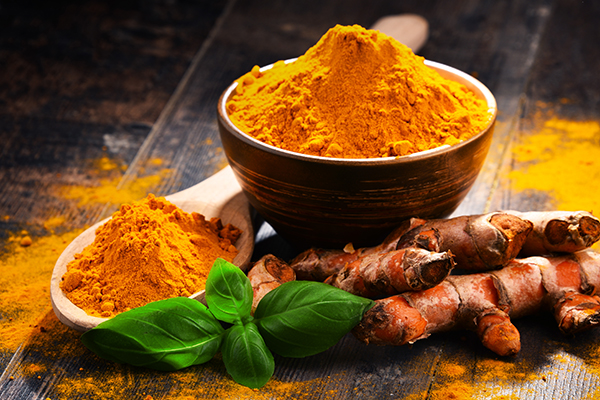
Despite mounting evidence of curcumin’s anticancer effects, mainstream medicine remains reluctant to embrace it. Meanwhile, bowel cancer rates are skyrocketing among young adults, a disturbing trend that conventional oncology has failed to explain or reverse. The truth is clear: Nature provides potent solutions, but corruption and greed keep them buried.
Key points:
The science behind turmeric’s cancer-fighting power
Curcumin doesn’t just mask symptoms — it attacks cancer at its roots. Researchers found it binds to a key protein (DCLK1) that rogue cells use to multiply, effectively neutralizing their threat. In mice injected with cancer cells, curcumin slashed tumor growth and boosted survival rates, mirroring results from human tissue tests.
Yet here’s the catch: achieving therapeutic doses requires far more curcumin than a typical diet provides. Turmeric powder contains just 2-5% curcumin, meaning a person would need to consume at least 40 grams daily — an impractical amount. This is where supplements, standardized for potency, become essential. Cancer Research UK admits curcumin “can kill cancer cells,” yet downplays its potential, demanding endless studies while ignoring existing data. How many lives must be lost before nature’s remedies get their due?
A silent epidemic: Why are young adults dying from bowel cancer?
Bowel cancer was once a disease of the elderly. Now, it’s ravaging millennials and Gen Z at alarming rates. The Lancet tracked a 3.6% spike in UK cases, while U.S. hospitals report surging diagnoses in patients under 50. What changed? The answer lies in gut health — or the deliberate sabotage of it.
The molecular mechanisms of curcumin in CRC prevention
Gene suppression and anti-inflammatory effects
Curcumin acts similarly to NSAIDs by suppressing genes critical for colorectal cancer (CRC) development, including:
Induction of apoptosis
Curcumin activates programmed cell death in CRC cells through:
Protection against aflatoxin and oxidative damage
Curcumin counteracts aflatoxin, a toxin linked to CRC from mold-contaminated foods. Additionally, it acts as an antioxidant but paradoxically generates ROS (reactive oxygen species) in cancer cells, inducing oxidative stress that triggers apoptosis.
Animal studies: Dramatic reductions in tumor growth
Rodent studies highlight curcumin’s efficacy:
A synergistic effect was observed when curcumin was combined with silymarin and boswellic acids, enhancing chemoprevention.
Clinical trials: Evidence in humans
While human trials are still limited, key findings include:
Despite its promise, low bioavailability remains a hurdle. Researchers are exploring:
Curcumin’s ability to modulate inflammation, apoptosis, and oxidative stress makes it a powerful phytochemical for CRC prevention. While more extensive human trials are needed, current evidence suggests that integrating curcumin into diets or supplements — especially when combined with bioavailability enhancers — could offer a natural, low-toxicity strategy to reduce CRC risk.
Sources include:
Dailymail.co.uk
Cancer.gov
Pubmed.gov
Source link

